[ad_1]
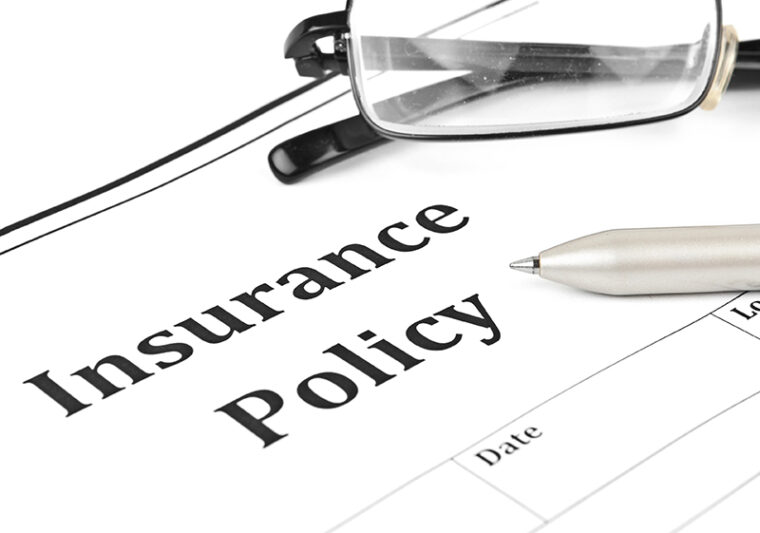
Horses are majestic and powerful creatures that have been our loyal working animals and trusted companions for centuries. As with any animal, horses can get sick and have accidents, and they’re also a major investment of time and money. That’s why most horse owners purchase insurance for their equine friends.
If you’re a horse owner looking to purchase an insurance policy for your horse, many factors must be considered. We’ve compiled 10 questions to ask when buying horse insurance below. Knowing them can make the insurance purchasing process easier and ensure your horse is well protected under any circumstances.

10 Questions to Ask When Buying Horse Insurance
1. Is Travel Covered Under the Insurance Policy?
Traveling, of course, increases the risk of injury or accident and thus should be covered under any insurance policy you purchase. Most insurance companies offer short-term transient coverage that kicks in when you travel. You should also consider year-round travel insurance coverage if you often travel with your horse. Either way, ensuring your policy covers your horse(s) when you travel with them is critical should something occur while on the road.
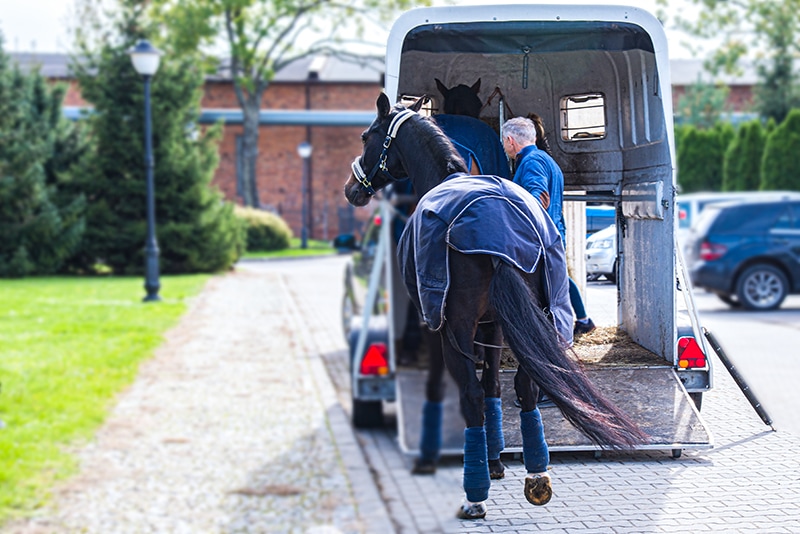
2. What Liability Coverage Is Included in Your Policy?
Even the best-trained horses can be unpredictable and may injure someone or cause damage to someone else’s property. That’s why having liability insurance coverage is essential. For example, let’s say your horse kicks or throws someone, and they’re severely injured.
If that happens, liability insurance will pay for the injured person’s medical bills. The same would happen if your horse gets loose and damages someone’s property. If either happens, liability insurance might be the only thing standing between you and a costly (or catastrophic) lawsuit. Insurance companies that cover horses all offer liability coverage, and insurance experts recommend that all horse owners build it into their overall policy.
3. Does the Policy Cover Mortality?
It’s imperative that you have mortality coverage on your insurance policy so that you can replace your horse after it’s gone. Mortality insurance covers many situations that can cause a horse’s death, including:
- Natural causes
- Accidents
- Fires
- Floods
- Killed by another animal
The insurance company will consider several factors when determining the value of your horse. They include the horse’s age, breed, lineage, skills, original purchase price, and others.
Providing all of these details to your insurance company when purchasing mortality insurance is critical so that they value your horse fairly. Yes, it’s difficult to lose a horse, but being able to replace them will certainly reduce some of the pain and sadness.
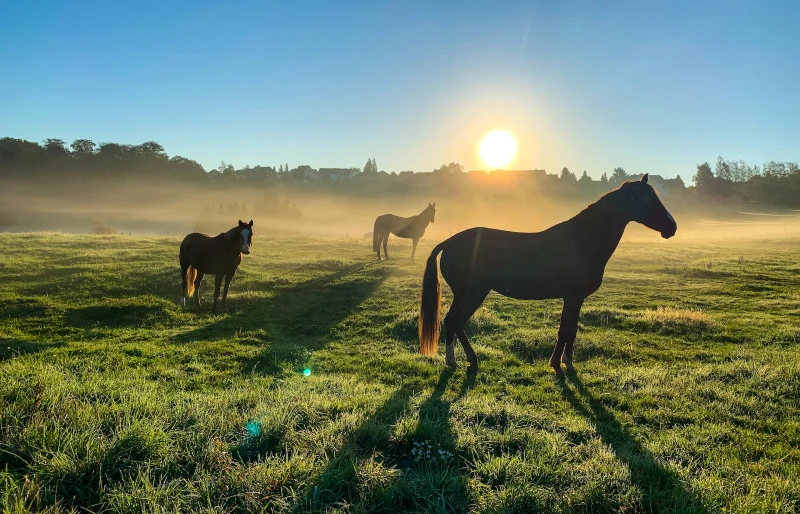
4. Are the Cost of Veterinary Care for Injuries and Accidents Covered?
When a horse is sick or gets injured, the cost of veterinary care can be exorbitant because they’re such big animals and demand specialized care and equipment. If your horse is hurt or falls ill, an insurance policy that covers their vet bills is critical.
Not only will it ensure that your horse gets the proper care and treatment it needs, but it will also ensure you don’t end up bankrupt due to exorbitant vet bills.
5. Should You Add a “Loss of Use” Addendum to your Policy?
Let’s say your horse is used on a farm or ranch to perform a job or other valuable service. If it becomes sick or is injured and can’t work, a loss-of-use policy could be a lifesaver. This type of insurance covers the value of your horse if it can’t perform whatever job or service it provides. One thing to remember is that loss-of-use policies usually don’t cover more than 60% of the horse’s value. You should check with your insurance company to determine their exact coverage.
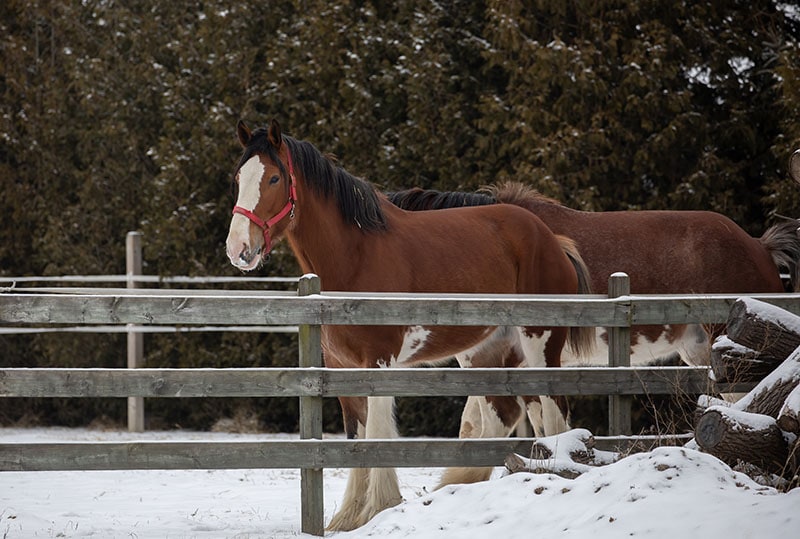
6. Are Transportation Costs Covered by Your Policy?
Sometimes, when a horse is sick and needs care, it must be taken to a veterinarian’s office or an equine hospital for treatment and care. The challenge, in some cases, is transporting the horse to the location that will provide care.
If you don’t own a horse trailer, you may need to hire a transportation (aka livery) service to bring your horse there for you, which can be quite expensive. Having transportation coverage in your insurance policy can help you pay those costs.
7. What Is the Insurance Policy’s Limit for Diagnostic Exams?
When your horse gets sick or is injured, your vet might need to run diagnostic tests to determine what’s wrong. Knowing how much your insurance company will cover for diagnostic exams is thus critical because they can quickly add up to a considerable amount of money.
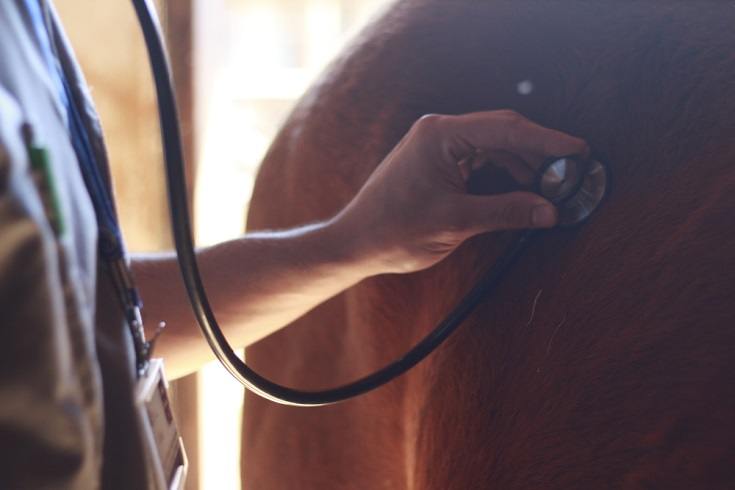
8. What Percentage of Insurance Claims Will Your Policy Pay?
Insurance policies for horses usually pay part of your expenses, leaving you to pay part of them also. Knowing how much you’ll be paying and how the insurance company determines that amount is important. Some policies pay a fixed amount for every claim, while others pay a percentage of the claim.
It is crucial to ask your insurance company what your part of any claims will be and the criteria they use. In many cases, you can pay more or less, depending on what coverage you choose. You should note that the better the coverage, the higher your premiums will be.
9. How Is the Veterinary Fee Limit Applied to Your Horse’s Policy?
Most insurance companies have limits on the amount they will reimburse you for veterinary fees, which can run in the thousands of dollars for your horse’s care and treatment. Some insurance policies limit each claim you make, while others have a total annual limit for these fees.
Knowing how your policy covers your horse(s) is vital, so you know how much you’ll be on the hook for when your horse needs to see a vet.
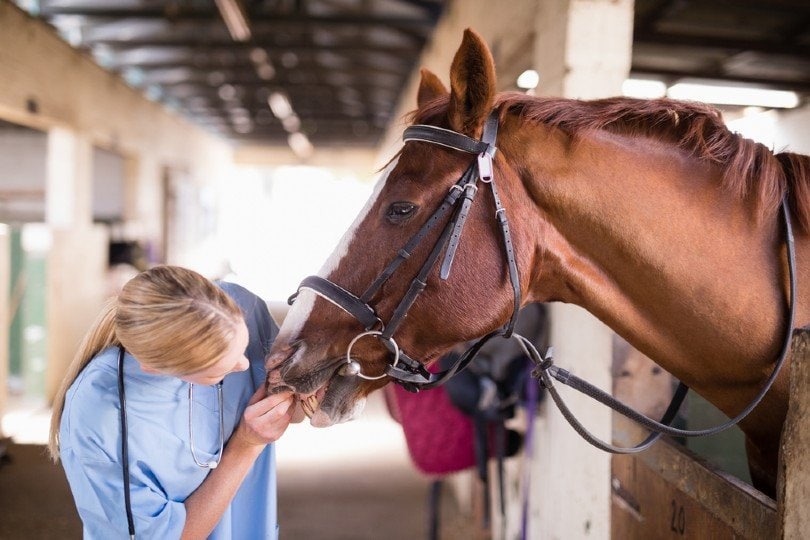
10. Is Alternative Care Included in Your Horse’s Policy?
This last question to ask when buying horse insurance is for anyone who wants their horse to be treated using so-called alternative methods, including, for example, equine chiropractic care.
You should also ask if physiotherapy is covered should your horse need it after an accident or injury. Complementary treatment coverage for services like acupuncture, stretching, massage, and others should also be considered. In many cases, these treatments will be the best for your horse, so having them covered by insurance would be a financially savvy move.

The 6 Practices to Ensure Your Horse Stays Healthy
Having horse insurance is a must for a horse owner. However, veterinarians agree that not using your insurance is better than the alternative. That makes it essential that you take care of your horse(s) well and ensure they stay as healthy as possible. To do that, the best practices below will be beneficial.
1. Get Your Horse Vaccinated
Like any animal, horses are prone to illnesses and diseases. Having your horse vaccinated is highly recommended by veterinarians for this reason. Vaccinations will protect your horse from debilitating and deadly diseases by boosting its immunity.
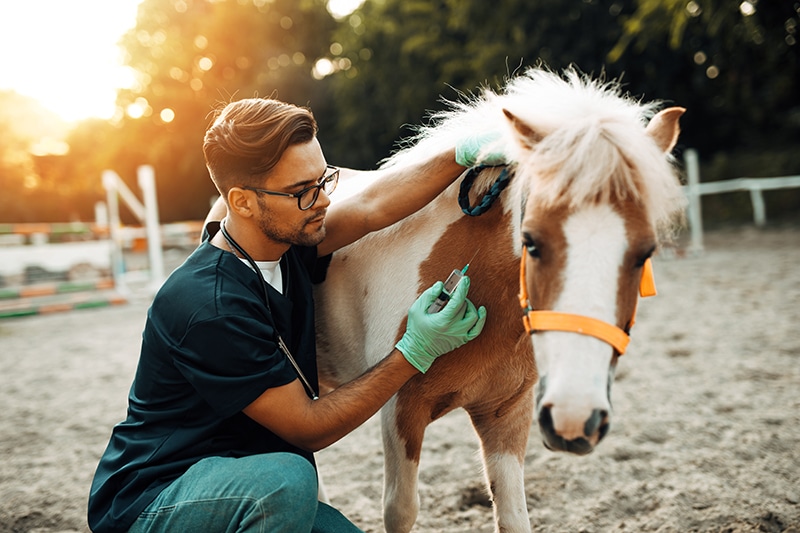
2. Daily Activity
If yours is more a pet than a working animal, your horse must get plenty of exercise every day. That means walking, galloping, and riding your horse daily. If you’re unsure how much physical activity your horse needs, ask your vet.
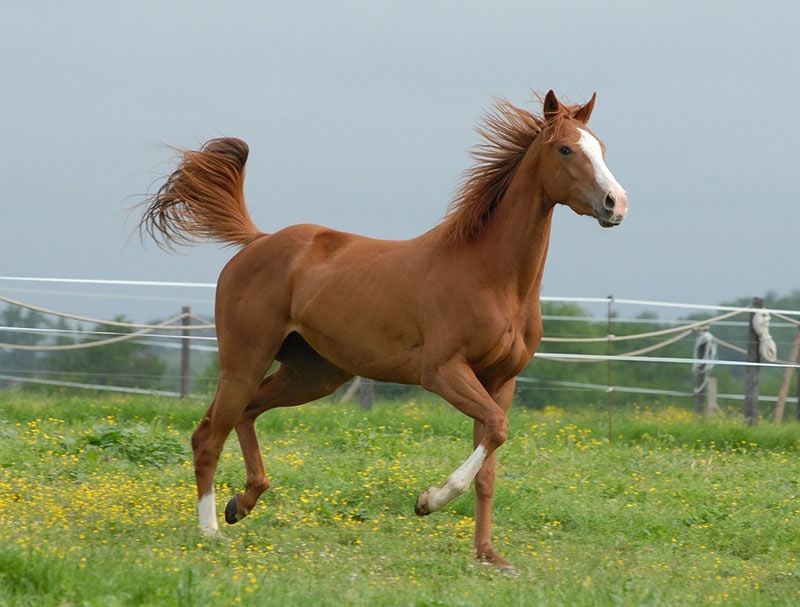
3. Learn to Massage Your Horse
Learning how to properly massage your horse is a great idea (and will likely save you thousands of dollars). Massaging your horse before any activity, including work, riding, or daily exercise, will prevent injuries by ensuring the animal is properly warmed up. If you don’t have the time to learn massage, hiring a skilled equine massage therapist is highly recommended to handle the task for you.
4. Check Your Horse’s Temperature Regularly
Horses are huge animals and can often become overheated after exercise or work. If this happens and your horse starts to suffer from hyperthermia, it can become dehydrated very fast and even collapse. Surprisingly, it can even happen during wintertime. That’s why you should have a thermometer on hand and check your horse’s temperature after any exercise or work they perform.
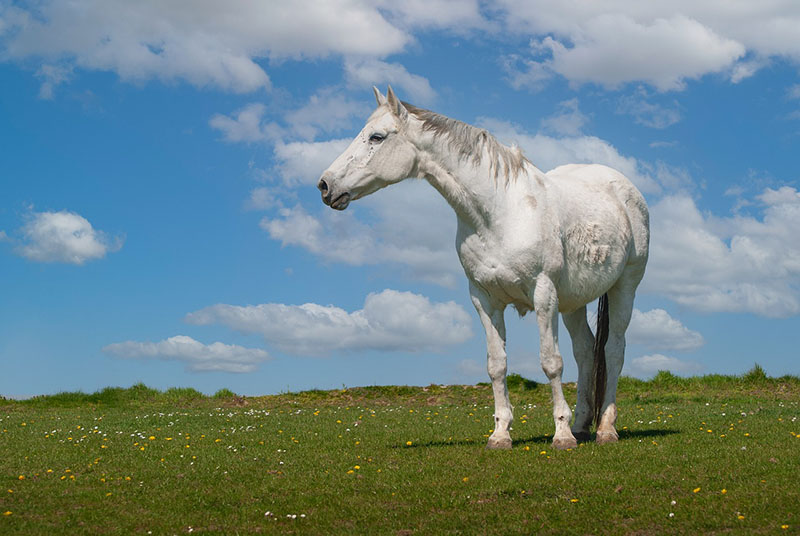
5. Groom Your Horse Daily
Grooming improves your horse’s coat and reduces the risk of thrush, a deadly bacterial disease. Also, daily grooming will strengthen the bond between you and your equine companion. If your horse has been through a traumatic experience, grooming can reduce anxiety and help it calm down.
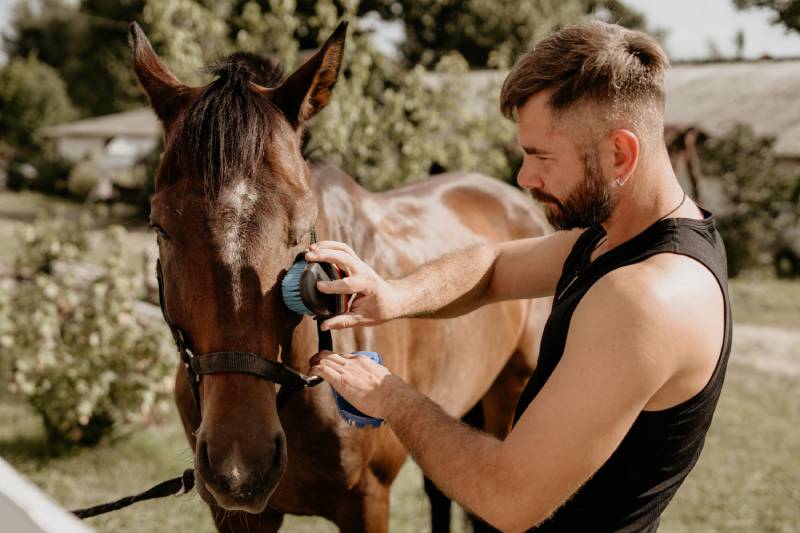
6. Have Your Horse Dewormed Annually
Like many animals, worms can be a problem for horses. Worming (or, technically, deworming) prevents the problems worms cause, including colic and diarrhea. Severe cases of worms can even be deadly for your horse, which is why equine vets highly recommend annual worming.

The 5 Most Common Horse Health Problems
It can be helpful to know which health problems can affect your horse. Below are the five most common health problems. Note that all of them can cause pain which, in some cases, can be severe.
- Arthritis: This is when the protective cartilage between a horse’s joints wears down.
- Gastric Ulcers: This issue is when the lining of your horse’s stomach starts to erode, usually caused by stress.
- Colic: Colic is caused by several issues, including the worst, a twisted gut that will likely require surgery to fix.
- Desmitis: This affects a horse’s suspensory, check, and collateral ligaments, causing them to become inflamed.
- Laminitis: This is when the laminae of a horse’s hoof or hooves become inflamed.

Final Thoughts
Horse breeders and veterinarians highly recommend purchasing an insurance policy for your horse. A horse insurance policy will protect your horse in case of an accident or illness and save you thousands of dollars when it happens. Some policies will also pay for veterinary fees and, in the event your horse dies or is incapacitated, reimburse you for their loss or loss of their services. A comprehensive horse insurance policy is a must for an animal that’s so valuable.
Featured Image Credit: Olga Danylenko, Shutterstock
